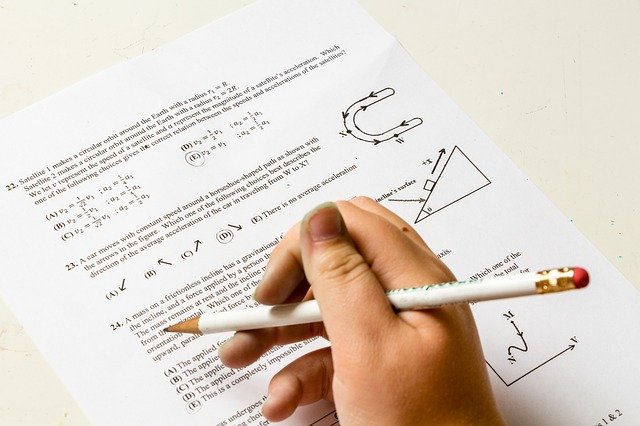Being a maths teacher or tutor is not easy; you need to be updated with the latest advancements and keep learning every day. The most important task of a tutor is to create a revision course that encompasses all things.
People prefer the GCSE Maths Revision Course to sharpen their skills before exams and perform well in the exams.
Today, all the teachers and tutors will be relieved, and here you’ll get a clear path about how to create a good revision course. Let’s start with things that you should include in such courses.
Complete Curriculum:-
Revision courses are a quick walkthrough of the entire syllabus. Hence, while creating a maths revision course for students, you should ensure that you cover the complete curriculum. You can find the complete curriculum from universities or from online websites.
Always stick to the latest and updated curriculum so that you can help your students prepare better for the exams. Also, once you start enrolling students, make sure you complete the whole syllabus. Because without completing the syllabus, you cannot guarantee the student’s performance in exams.
Assignments:-
An excellent way to prepare students for their upcoming exams is by providing them with assignments. Once any syllabus module is completed, you should hand out assignments to the students and let them do them by themselves. This way, they can strengthen their learnings and prepare for their tests with first-hand experience.
Assignments are a great way to increase students’ implementation skills for the lessons they’ve learned through the GCSE Maths Revision Course. Also, the more assignments the students solve, the more doubts can come up as not everyone can complete in one go.
Regular Tests:-
Tests are an essential part of every revision course. Regular tests help students to assess their learnings and also help them to identify the gaps. While creating a revision course, you should not leave tests behind. Schedule tests at completion of modules, surprise tests, and even final tests at the completion of the curriculum.
Tests will create a space for doubt solving and feedback for your processes. With regular tests, you can set up the students with practice to perform at their bests in a time-bound critical environment.
Doubt Solving Sessions:-
Doubt-solving sessions should be spread throughout the course tenure. It should not be left to the last. One sign of a good course is that there are plenty of doubt-solving sessions. Especially in subjects like maths, doubts can come up any time, and you might forget them after some time. Hence, when you share assignments with your students at the end of every module, organize a doubt-solving session at the time of submissions.
Such sessions will help the students clear their doubts and strengthen their base in mathematics. Moreover, doubt-solving sessions will help you create better strategies for any topic for the next batch of students.
While creating GCSE maths courses, always include these things, and you’ll see that all the students will love your course. You’ll quickly gain a reputation, and your revision course will become a bestseller




